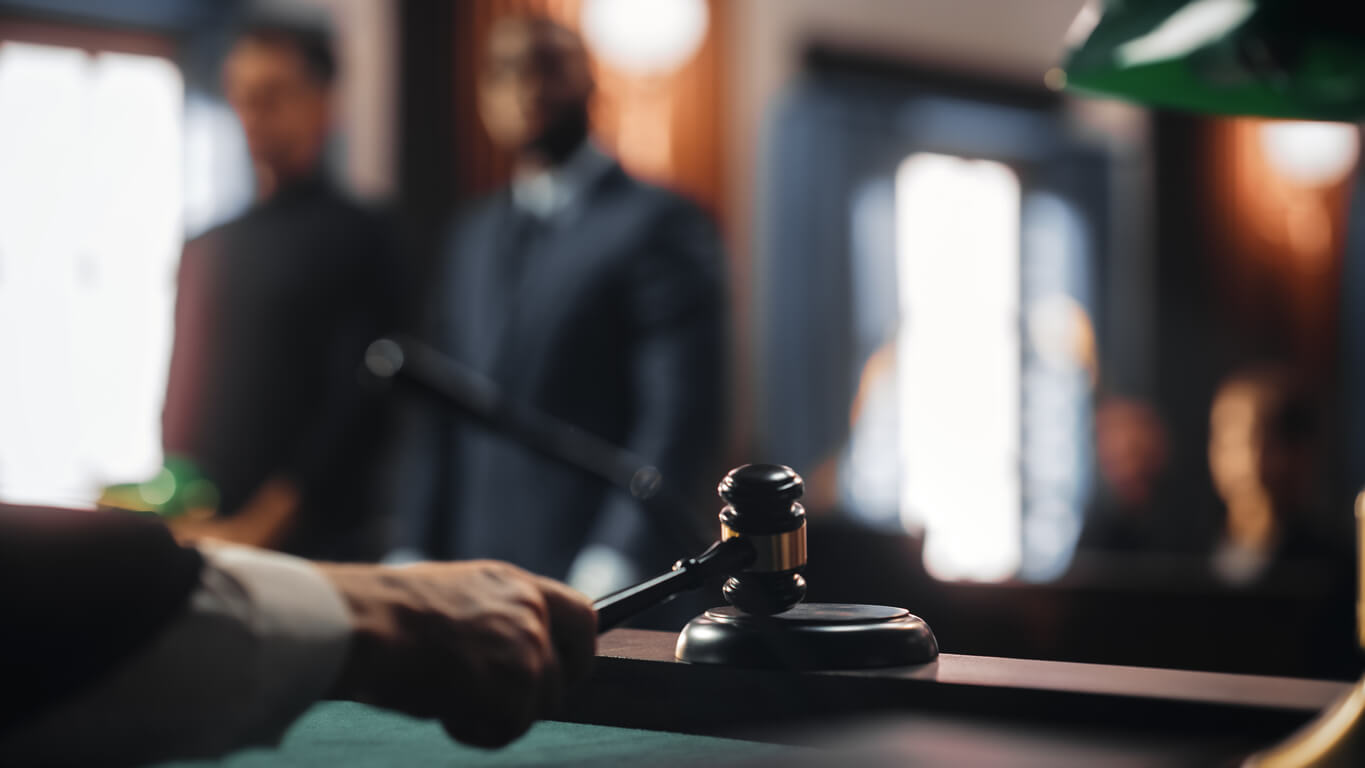Interactions with the police can be high-stress situations. It is essential to know your legal rights and what Washington law requires. You should contact a Seattle criminal defense attorney at once if the police want to search you, your car, or your house. You should always be respectful and, for your own safety, try to avoid a confrontation.
In this Ask the Attorney blog, we cover the question, should I ever give police consent to search my car, home, or person?
When the Police Can Search Your Car
According to the Seattle Office of Police Accountability, the police can search your vehicle for the purpose of making an inventory of the contents of your car if it gets impounded and taken to a towing company’s yard. Also, law enforcement can search your car for weapons that could be within your reach while you are seated inside your car. They usually may not open your closed glove compartment or closed bags that are inside your vehicle.
The police might ask for your consent to perform additional searches of your vehicle, but unless you give your consent, they usually have to obtain a search warrant before searching other areas. There are several exceptions to this general rule.
Do You Have to Allow the Police to Search Your Home?
If the police have a search warrant, they typically do not need your permission to enter your home and conduct a search. If law enforcement has an arrest warrant for someone who lives at your address, they can enter your home to serve the arrest warrant without your permission.
Another situation in which the police can enter your home without your consent is when they reasonably believe that someone on the premises is in danger or is injured. Emergencies are usually a valid reason for the police to enter and search without a search or arrest warrant.
What About Stopping Me on the Street?
Let’s say that you are walking in your neighborhood, minding your own business. Can the police just come up to you and stop you? Maybe. If the police see you violating a law or an ordinance, like jaywalking or littering, they can stop you in public. If they have a reasonable suspicion that you committed a crime like an assault, or that you have an outstanding arrest warrant or committed a previous crime, they can stop you and ask some questions.
The issue arises when the police want to frisk or otherwise search someone at a street stop. The officers must have a legal reason to detain the individual and have a reasonable belief that they have a weapon to frisk them without a warrant. Other items, like drugs, discovered during a frisk for weapons can get seized as evidence.
The bottom line is that consenting to a warrantless search is sometimes voluntarily giving up your legal rights, but sometimes the police do not need a warrant to search a person, their vehicle, or their home. These situations are legally challenging, and the stakes are high. If possible, you will want to get guidance from a Seattle criminal defense attorney about consenting to a warrantless search by the police. Get in touch with Jennifer today for help with your case.
DISCLAIMER: This post is intended to share my perspective, insights and some general information on various aspects of criminal cases. It is not legal advice and is not intended to substitute for legal advice. You should consult an attorney to obtain legal advice for your individual situation and case.










